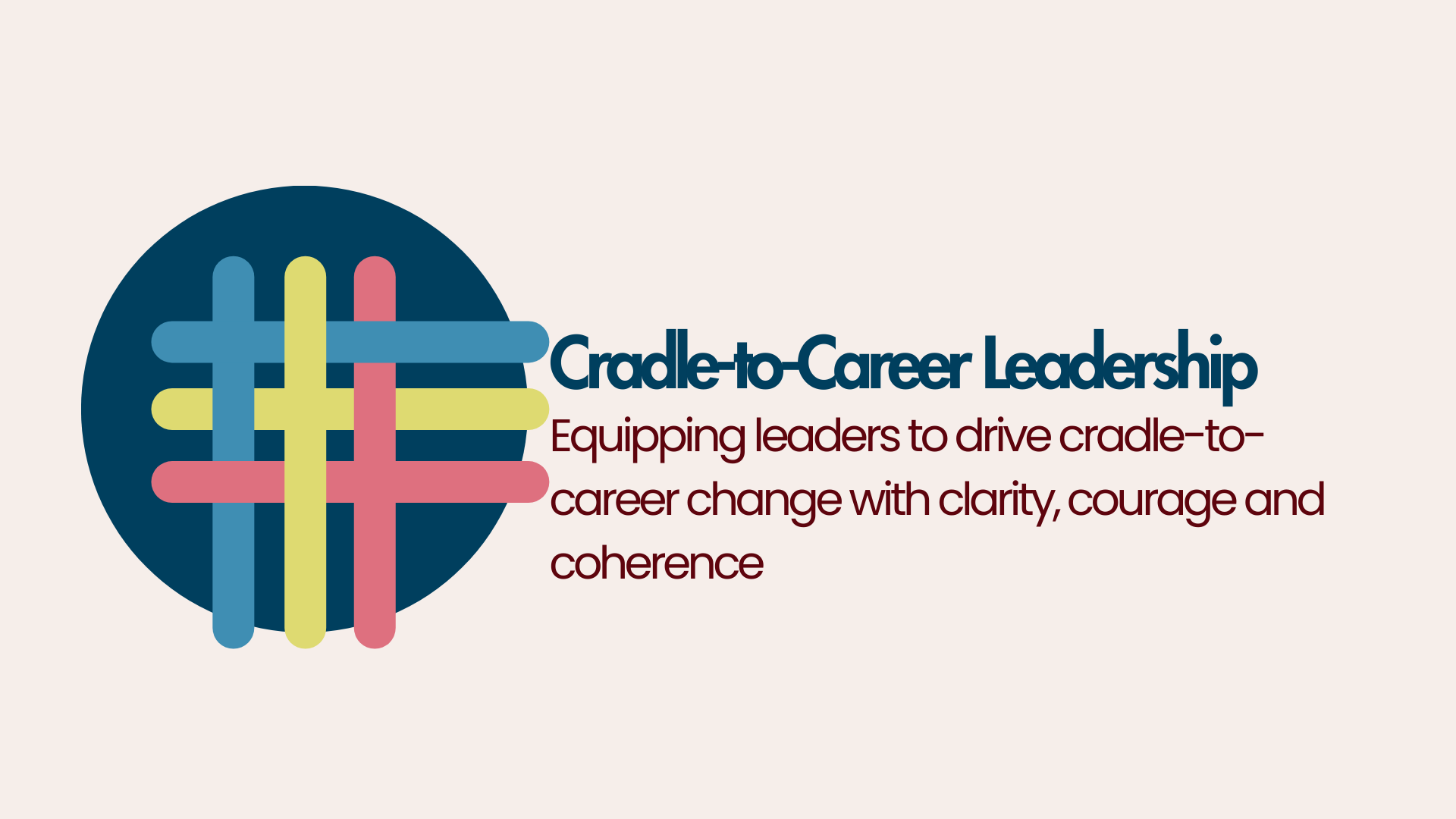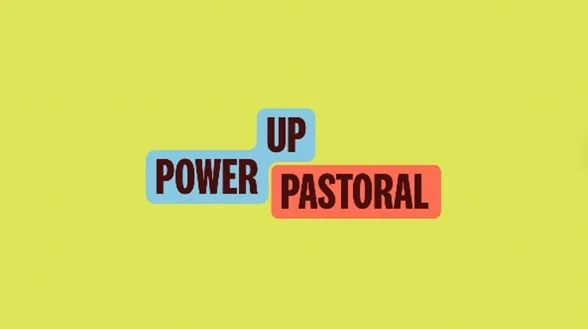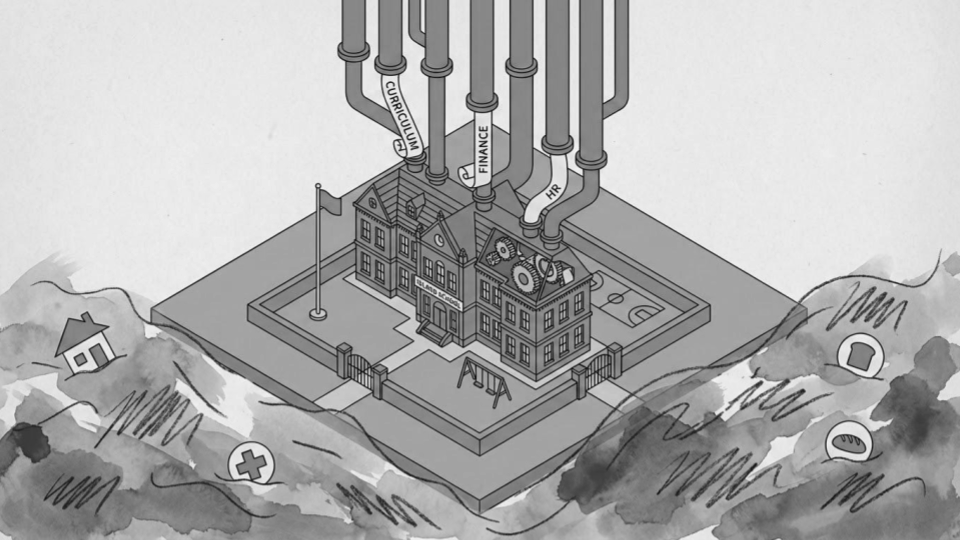We connect people, ideas and institutions
We share learning, amplify stories of positive change, and grow alignment nationally to build collective impact.
Our national work
-
![]()
Cradle-to-Career Partnership
The Cradle-to-Career Partnership is our national learning community, bringing together schools, trusts, local authorities, community organisations and funders who share the belief that children need more than great schools alone. It exists to connect people and places that are testing new ways of supporting children from early years through to young adulthood.
By sharing stories, surfacing insights, and amplifying proof points, the partnership helps leaders learn from one another and avoid working in isolation. It also builds the momentum and alignment needed to influence national debate—showing that coherent, consistent, and connected systems of support are not just possible, but already taking root in communities across the country.
The Cradle-to-Career Partnership matters because change is faster, bolder, and more sustainable when it is collective. By convening leaders across boundaries, we make sure that local innovation becomes shared learning, and that promising practice can grow into a wider movement.
-
![]()
Culture That Connects
Culture that Connects is our programme for leaders who want to shape the culture of their schools and communities in ways that strengthen belonging, trust, and connection.
It offers structured space for reflection and development, alongside practical tools and shared inquiry, so that leaders can design environments where children and adults alike feel seen, safe, and part of something bigger.
The programme matters because culture is often the invisible force that makes or breaks change. Policies and practices can set direction, but it is the daily rhythms of relationships, expectations, and shared values that determine whether children truly thrive. By helping leaders pay attention to the cultural conditions of their schools and partnerships, Culture that Connects supports the deeper, often overlooked work of system-building.
This is not about imposing a single model of culture, but about equipping leaders to act intentionally, drawing on their own values and the needs of their community. In doing so, the programme strengthens the connective tissue of leadership across regions and sectors.
Culture that Connects advances our mission by showing that coherent, consistent, and connected systems of support are built not only through structures, but through the lived experience of belonging.
-
![]()
Power Up Pastoral
Power Up Pastoral is a national development programme for the non-teaching staff who stand closest to many of our most vulnerable children.
Roles such as learning mentors, attendance officers, safeguarding leads and family support workers are critical, yet too often overlooked. Many build deep expertise through experience, but lack access to structured training, professional recognition, or a supportive network of peers.
The programme provides high-quality, affordable CPD over the course of a year, combining conferences, webinars, and practical tasks to strengthen both knowledge and confidence. Participants develop their understanding of trauma-informed practice, attachment theory, and relationship-centred approaches, while also reflecting on themselves as practitioners. Just as importantly, they connect to a wider professional community—one that validates their contribution and offers the support that is often missing in school structures.
This work matters because pastoral staff are increasingly central to how schools respond to complexity. Their ability to support children, engage families, and broker community partnerships can transform outcomes, but only if they are equipped and valued. Power Up Pastoral strengthens this vital workforce, giving them the skills, recognition, and networks they need to keep children safe, supported, and ready to learn.
Our local work
-
![]()
Post-16 SEND Working Group
The Post-16 SEND Working Group brings together employers, schools, and community organisations to improve opportunities for young people with special educational needs and disabilities as they move into adulthood. The group meets regularly to share practice, trial new approaches—including pupil profiles developed across local secondary schools—and co-produce resources, such as short films that show what’s possible for young people in employment.
Transitions after school are often the most challenging stage for young people with SEND and their families. Too many leave education without clear pathways or joined-up support. This working group creates space for collaboration and innovation, strengthening relationships between education, employment, and community sectors.
By connecting people and ideas across traditional boundaries, the group is helping to build an inclusive local system—one where schools, employers, and services work together to open up real opportunities for young people with SEND.
-
![]()
Primary Mental Health Cluster
The Primary Mental Health Cluster brings together local primary schools and partners to share practice, problem-solve, and coordinate support around children’s mental health and wellbeing. The cluster meets six times a year and draws on the expertise of school staff, mental health professionals, and community services to build collective confidence and capacity.
Schools play a vital role in promoting wellbeing, yet staff often feel under-resourced or isolated in their efforts. The cluster helps schools take a whole-school approach to mental health, creating environments that support pupils, staff, and families alike. By identifying and sharing local expertise, schools are better equipped to respond to emerging needs and connect families to the right support.
This work strengthens the local ecosystem of care—ensuring that schools are not acting alone, but are part of a wider network of relationships that enable children’s wellbeing to flourish.
-
![]()
Feltham Voices
Feltham Voices is a community-led initiative that will bring together residents, young people, and local organisations to identify shared priorities and shape the future of our area. It will include the Big Community Conversation, a steering group of local leaders, and youth-led projects such as Young Feltham Voices, and be supported by regular events and local governance structures.
We know that communities thrive when people feel heard and have genuine influence over the decisions that affect them. Feltham Voices will strengthen civic participation, help residents and young people connect across differences, build pride in their neighbourhood, and work collectively on environmental and social priorities.
By convening voices from across the community, this initiative will demonstrate the power of connection and shared ownership. We aim to show how local collaboration—between residents, schools, and civic partners—can create the relationships and confidence needed for long-term, place-based change.
-
![]()
Smartphone Campaign
The Smartphone Campaign convenes professionals, parents, and community leaders to explore the impact of smartphone use on children’s health and development. Through roundtable discussions and evidence-sharing, the group brings together diverse perspectives to co-design local actions and practical guidance for families and schools.
Concerns about smartphones are widespread, but responses are often fragmented or reactive. By creating space for dialogue and shared problem-solving, this initiative helps local stakeholders move from anxiety to coordinated action. Participants access the latest research and work collaboratively to develop proportionate, community-driven responses that promote healthy technology use.
The campaign exemplifies how local collaboration can translate complex national debates into practical, place-based action—connecting evidence, experience, and collective leadership to support children’s wellbeing.
Related posts
Imagine a school that is nailing it. The curriculum is perfectly sequenced, the culture is warm and demanding, the internal machine hums with clinical efficiency. Yet, despite this rigour, some metrics are moving in the wrong direction. In this article, Sam argues that we are witnessing a structural mismatch: our institutions are engineered for vertical accountability while our children live horizontal lives, before hinting at what an alternative might look like.
We spend millions maintaining our buildings because we know the cost of a leaking roof. In this article, Jamesasks: What if we treated our "relational estate" with the same rigour?










We have the ‘software’ to transform children’s lives, but we are trying to run it on fragmented ‘hardware’. In this follow-up article, Sam moves from the ‘why’ to the ‘where,’ arguing that the “postcode cluster” is the essential architectural unit for systemic change.